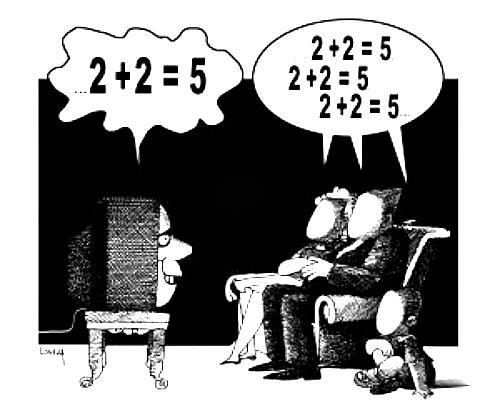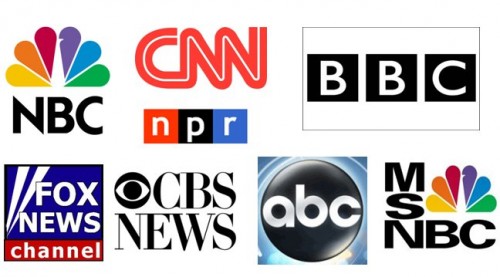Two things that are considered to be intellectual faults are actually great and useful intellectual tools. I’m talking about the capacity to make generalizations and to discriminate.
You make a statement and people say, “That’s a generalization.” And you think, “Of course it is. I’m trying to make a generalization. That’s what smart people do.”
Or you feel that a certain type of person dressed in a certain way is dangerous. And you are told to ignore that feeling because it is “discriminatory.”
That is ludicrous. We discriminate naturally. It is the part of our limbic brain system that helps us make quick and necessary decisions. We generalize because we want to understand our experiences and our instincts. Being able to do this is a function of our neocortical brain.
These are the highest powers of both our rational and also our emotional intelligence.
Discrimination based on generalized assumptions can indeed be harmful. When, for example, the merits of individual people are inhibited by the discriminatory practices of groups that have power.
But it is perfectly rational to make generalizations and discriminations based on observation, so long as you allow for the exceptions and do not impose restrictions upon classes of people that you believe, in general, to have certain undesirable traits.
 MarkFord
MarkFord




